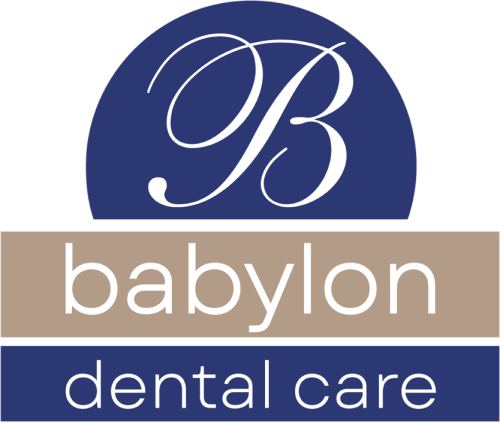Approximately 25% of women aged 15 to 44 who currently use contraception reported using oral contraceptive pills, making the birth control pill the most commonly prescribed form of contraception in the United States. There are three main types of oral contraceptive pills on the market today. They include progesterone-only, combined estrogen-progesterone, and extended-use pills. The most commonly prescribed pill is the estrogen and progesterone combined hormonal pill. Progesterone is the hormone that prevents pregnancy, and the estrogen component controls menstrual bleeding.
Birth control pills are primarily used to prevent pregnancy, and with regular use, they are 91% effective. While side effects vary from person to person, some have reported oral health issues associated with oral contraceptive use.
For example, if you already have symptoms of gum disease, oral contraceptives could aggravate the condition. This is because the hormones are associated with increased inflammation of the gums. This could result in chronic gum inflammation, which could lead to serious damage to your teeth and gums.
Oral contraceptives can increase the likelihood of developing a dry socket after procedures like wisdom tooth removal and others. A dry socket occurs when blood fails to clot over the exposed bone or if the clot dislodges or dissolves before the wound has healed.
Talking With Your Dentist About Birth Control
Make sure to tell your dentist if you are currently taking oral contraceptives. That way, they will be aware of any potential drug interactions after dental procedures, including those between contraceptives and antibiotics and others. If you’ve experienced gum inflammation or have had dry socket in the past, be sure to talk to your dentist about whether your oral contraceptive might be causing these issues or making them worse.
Maintaining Your Oral Health
Prevention and positive habits are key to maintaining your oral health, whether you are taking oral contraceptives or not. To keep your mouth healthy, you should:
- Get regular checkups and cleanings
- Brush and floss at least twice per day
- Avoid sweet and sugary foods
- Drink enough water
- Avoid smoking
If you notice any teeth or gum issues, you should talk to your dentist as soon as possible.
Call Us to Schedule Your Next Checkup Today
It’s important to get regular cleanings and checkups to maintain your oral health. If you are concerned about an oral contraceptive causing oral health issues, we’ll be ready to discuss your situation and options. Call Babylon Dental Care at (631) 983-6665 to schedule your next appointment.

